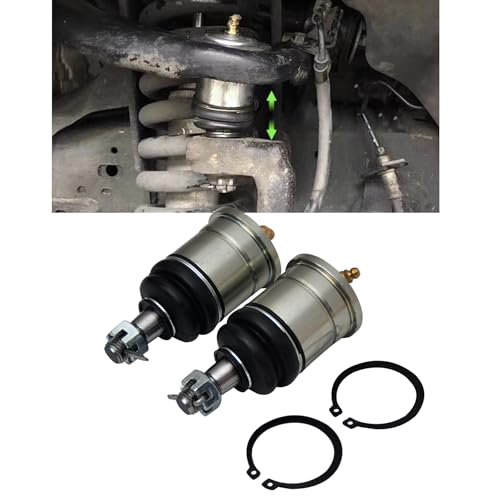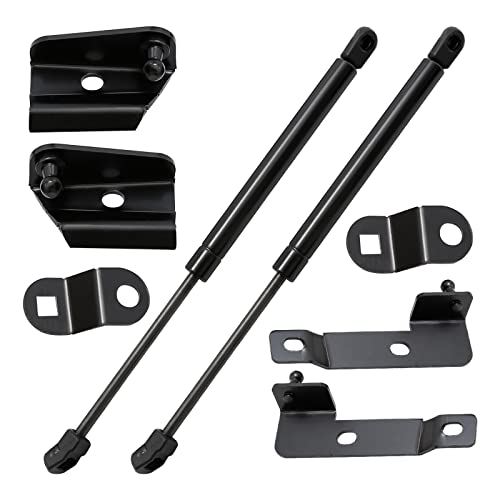Hi All,
I joined this forum a few weeks ago and posted in the new members area where I received some good help and described the problems I was having. To recap, my engine is a ZD30DDT in an 05 D22 with 110,000k'ms. Coming back from a weekend away at Salt Creek here in SA (Beach/Dune driving) my engine started making a high frequency whining sound. We didn't really have much of an idea of what it was, so while thinking about it, huge clouds of white smoke came out the exhaust and the engine now longer ran. We towed it back to Adelaide where I took it to the usual dealer to see what they thought. They did a compression test and found all cylinders were low. I thought the worst and my initial resaearch on the web indicated that failures of these engines were common particulary piston failures. The dealer wasn't very helpful, they pretty much said I need a new engine and turbo for $15000, so I said no thanks and towed my car home.This was back in Feb, just before I got married and been away on honeymoon so haven't had time to pull it apart. Last weekend I got around to it.
I can't really offer much advice on the removal of the engine as the workshop manual tells you pretty much all you need to know, and I don't really want to type it out! The only thing I would suggest is that it does recomend to remove the front final drive, this is not necessary as there is enough room to lift the engine straight up if you pull the tranmission back a bit. If anyone has any specific questions, let me know
@ [email protected].
The first thing to come off was the turbo and manifolds. The manifolds had a coating of a gritty paste on them and the turbo poured out oil from the inlet side and the shaft had extreme amounts of radial play. Next to come off was the head. There was no internal damage to pistons or valves but again this gritty paste over everything. Remember my last trip was to the beach? Well, you guessed it, the paste was a mixture of sand and oil. The oil came from the turbo failing and the sand came from, well, I can't tell! All hoses etc were intact, and when it first happened, I took the air cleanaer out and all seemed ok. I am still at a loss how it got in there. There is no sand in the pre-cleaner, so something must have failed, I will keep looking. The low compression in all cylinders can be explained by this gritty paste being stuck under the valves stopping them from closing
So, the engine is out but I can't take it anywhere at the moment for testing as my other car with a tow bar is at the crash repairers and i'm sure the loan car won't tolerate an engine in the boot!
I have been chasing up parts for the rebuild. I went to the dealer for a bechmark price, they are expensive! Through my trolling through the internet I found [email protected], his pricing and service is awesome, highly recomended. SO I have ordered a gasket kit, and clucth as I thought I will replace it while its out because its an absolute pain to get to! He is away for a couple of weeks, so I will order some other bits then as required.
Stay tuned for the next stage.
Cheers
Simon
I joined this forum a few weeks ago and posted in the new members area where I received some good help and described the problems I was having. To recap, my engine is a ZD30DDT in an 05 D22 with 110,000k'ms. Coming back from a weekend away at Salt Creek here in SA (Beach/Dune driving) my engine started making a high frequency whining sound. We didn't really have much of an idea of what it was, so while thinking about it, huge clouds of white smoke came out the exhaust and the engine now longer ran. We towed it back to Adelaide where I took it to the usual dealer to see what they thought. They did a compression test and found all cylinders were low. I thought the worst and my initial resaearch on the web indicated that failures of these engines were common particulary piston failures. The dealer wasn't very helpful, they pretty much said I need a new engine and turbo for $15000, so I said no thanks and towed my car home.This was back in Feb, just before I got married and been away on honeymoon so haven't had time to pull it apart. Last weekend I got around to it.
I can't really offer much advice on the removal of the engine as the workshop manual tells you pretty much all you need to know, and I don't really want to type it out! The only thing I would suggest is that it does recomend to remove the front final drive, this is not necessary as there is enough room to lift the engine straight up if you pull the tranmission back a bit. If anyone has any specific questions, let me know
@ [email protected].
The first thing to come off was the turbo and manifolds. The manifolds had a coating of a gritty paste on them and the turbo poured out oil from the inlet side and the shaft had extreme amounts of radial play. Next to come off was the head. There was no internal damage to pistons or valves but again this gritty paste over everything. Remember my last trip was to the beach? Well, you guessed it, the paste was a mixture of sand and oil. The oil came from the turbo failing and the sand came from, well, I can't tell! All hoses etc were intact, and when it first happened, I took the air cleanaer out and all seemed ok. I am still at a loss how it got in there. There is no sand in the pre-cleaner, so something must have failed, I will keep looking. The low compression in all cylinders can be explained by this gritty paste being stuck under the valves stopping them from closing
So, the engine is out but I can't take it anywhere at the moment for testing as my other car with a tow bar is at the crash repairers and i'm sure the loan car won't tolerate an engine in the boot!
I have been chasing up parts for the rebuild. I went to the dealer for a bechmark price, they are expensive! Through my trolling through the internet I found [email protected], his pricing and service is awesome, highly recomended. SO I have ordered a gasket kit, and clucth as I thought I will replace it while its out because its an absolute pain to get to! He is away for a couple of weeks, so I will order some other bits then as required.
Stay tuned for the next stage.
Cheers
Simon

















![[Replacement] Car Hood Cowl Top Wiper Cowl Grille With Clip for Nissan for Hardbody for Navara D21 for Ute for Pickup 1986-1997 Accessories 66814-0S700 Soggier(1 Pair with 12clips)](https://m.media-amazon.com/images/I/41LVoPlvrpL._SL500_.jpg)








